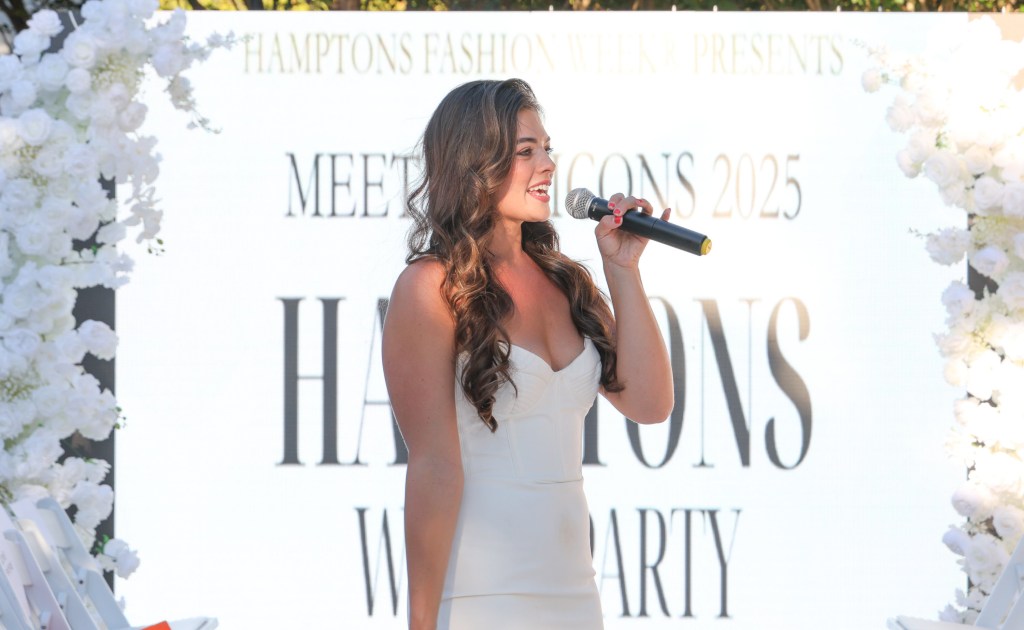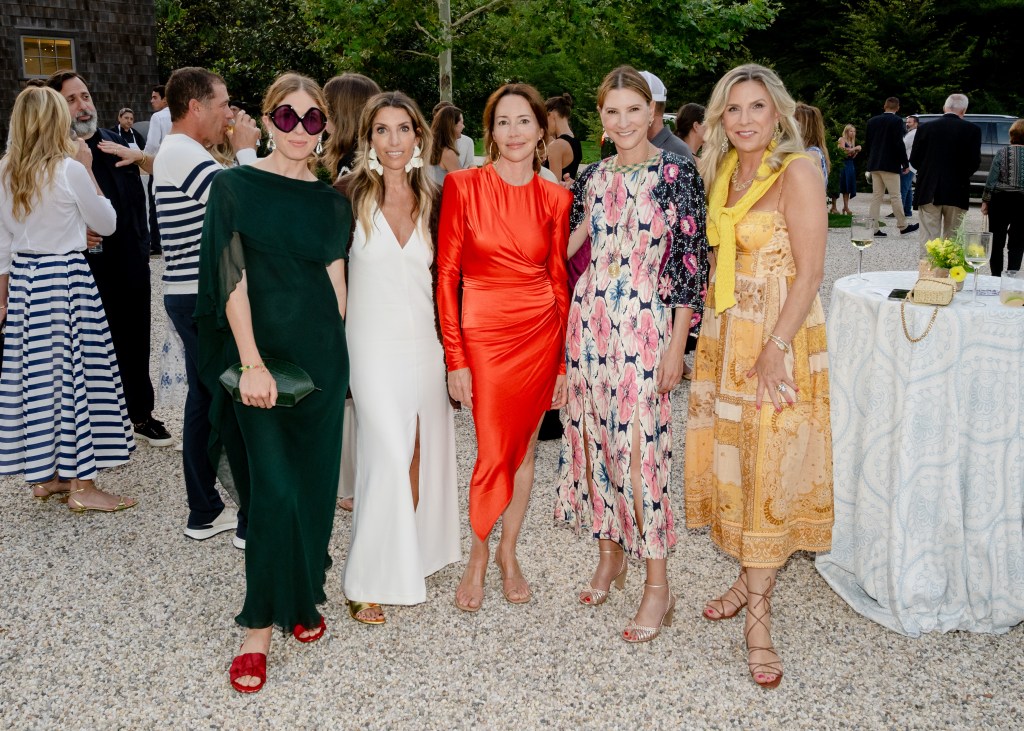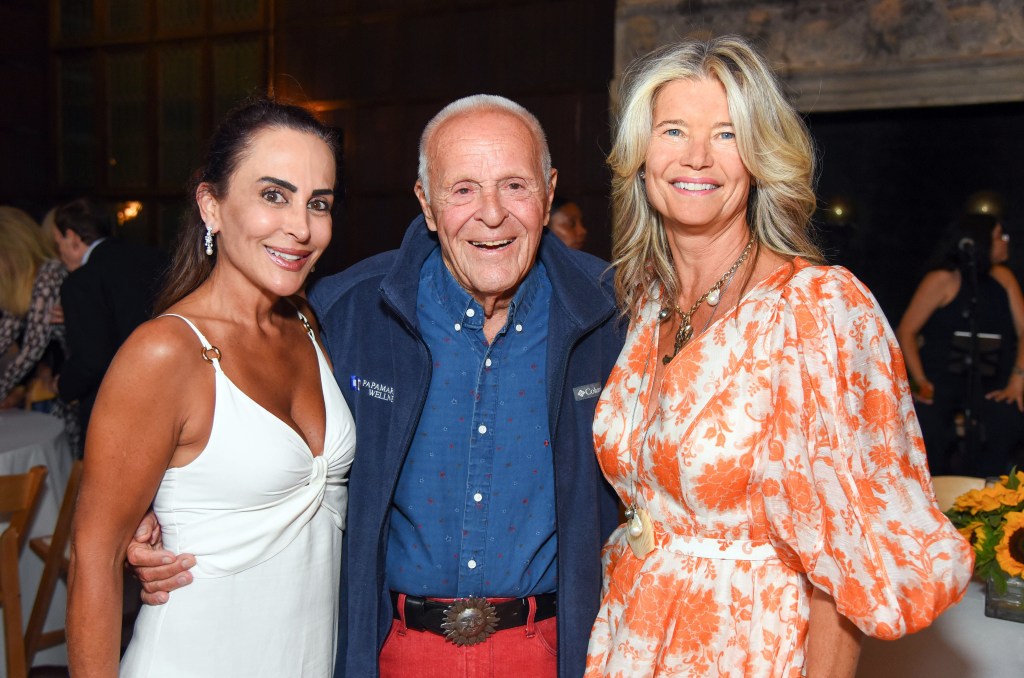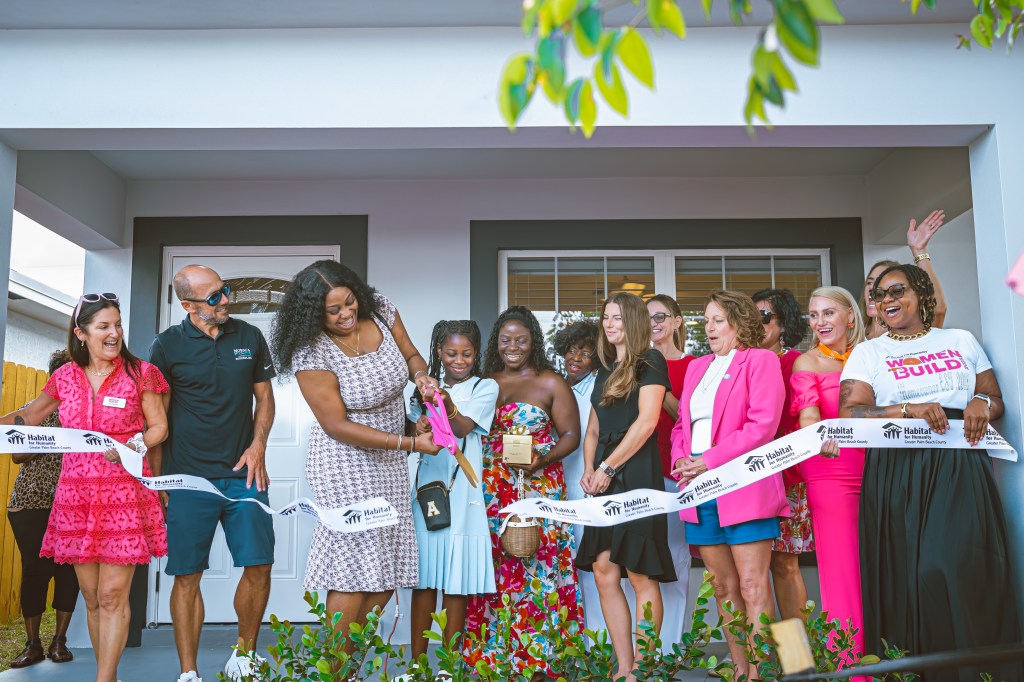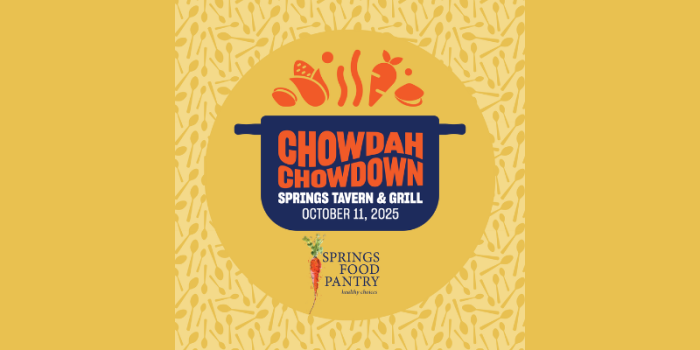Judy Collins Reflects on Her Life in Music Before Playing The Suffolk in Riverhead
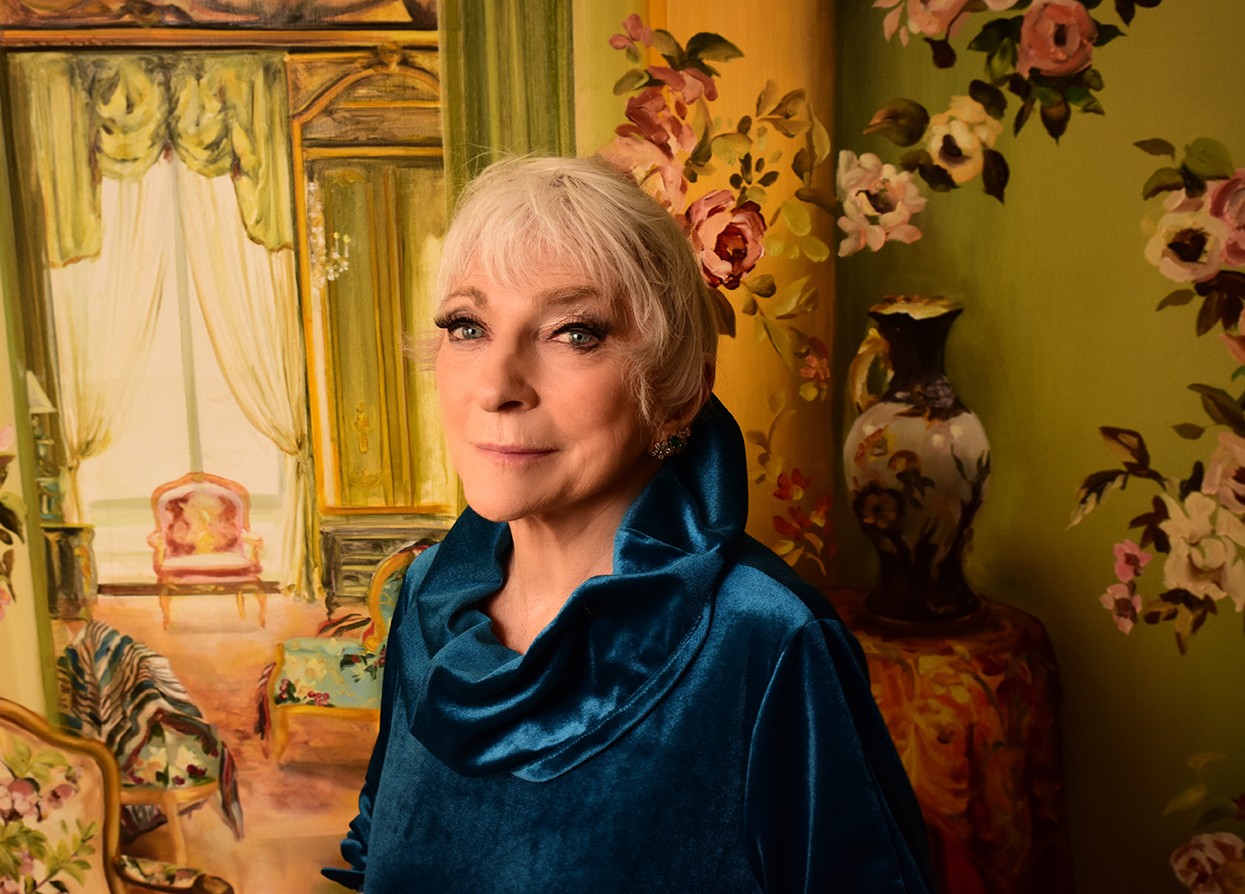
Judy Collins, who is playing The Suffolk in Riverhead this week, is an American treasure having arrived on the musical and political scene during the turbulent ’60s and quickly becoming a relevant artist and activist.
Since then, her path has intersected with some of the greatest figures in American politics and music including John F. Kennedy, Robert Kennedy, Bill Clinton, Rosa Parks, Abbie Hoffman, Janis Joplin, Pete Seeger, Joni Mitchell and Bob Dylan. After speaking with her, one comes away with a euphoric feeling as if you have just touched American history.
Collins’ love for music came from her dad, a blind singer, pianist and radio show host. She studied classical piano making her debut at 13 years old. Soon after, she picked up the guitar. Her luminous vocals mixed with beautiful interpretations made for memorable treatments of Both Sides Now, Turn, Turn, Turn, Someday Soon and more.
She is a Grammy Award winner and has created some 55 albums. Her celestial version of Stephen Sondheim’s “Send in the Clowns” earned her certified Gold in 1975 and Platinum in 1996. She has authored 11 books starting with Trust Your Heart in 1987. In 2017, her rendition of “Amazing Grace” was selected for preservation in the National Recording Registry by the Library of Congress.
Collins stopped to chat while on her current tour which heads to The Suffolk in Riverhead on Friday, July 12.
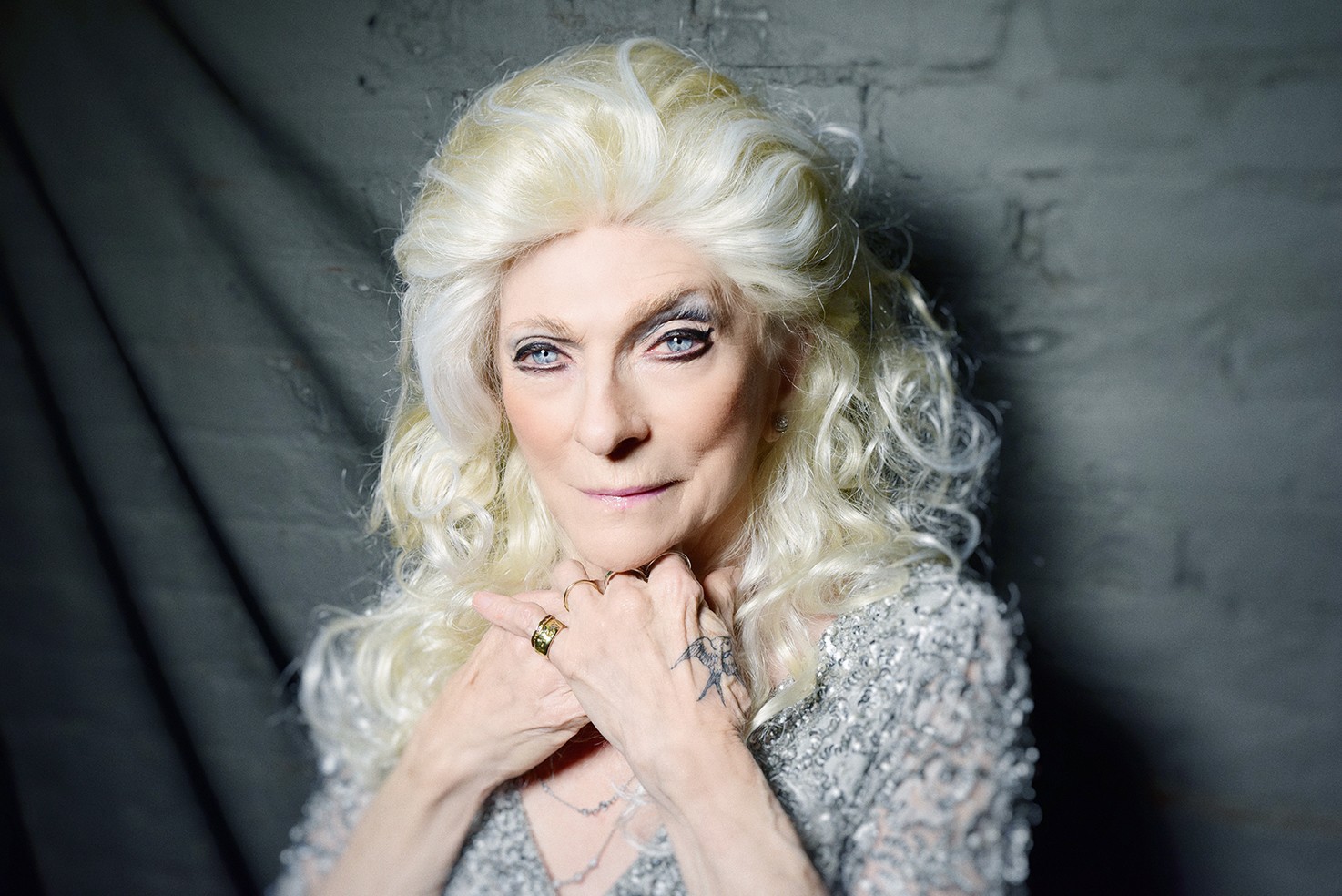
A Talk with Judy Collins
Are you having a day that is worth writing about?
There’s always something to write about, yes ma’am! I’m actually reading the corrections on my book of poetry titled Sometimes It’s Heaven which is going to be published in about a year. It’s part of a mass of poetry that I have been working on to get the songs out of it. Then I was left with hundreds of poems so it worked out fine.
Is it true that you never wrote a song until at 27 years old you wrote Since You’ve Asked in 40 minutes at the encouragement of your friend, Canadian poet and novelist, Leonard Cohen?
Yes, then my next song about Che Guevara took 5 years. I’ve written about 80 songs that have been in my albums over the years. Spellbound, my first all original album, was a big effort getting 12 songs out of writing about 40. Writing has always been part of my life, but the songwriting started after Leonard’s encouragement. Dylan said, “Why don’t you write songs of your own and stop recording mine?”
You’ve spoken openly about being sober for over 40 years. What message do you have for others who are fighting addiction?
Find a 12-step program and get there as fast as you can. This week I celebrated 46 years sobriety and it’s a miracle! I was in a treatment center and I go to AA. That’s the solution, that’s where the truth lies, that’s what works. AA started in 1934 with the Big Book coming out in 1939. People do the steps, read the book, go to meetings and they say it’s over. It’s phenomenal!
In 1992 your son Clark took his life. What can you say to others who have experienced the loss of a loved one in such a way?
I’ve written a couple of books about suicide. The first one I wrote a few years after his death. When Clark died in ’92, there were practically no books. I found a core group and a therapy group. Joan Rivers, whose husband killed himself, reached out to me. There was a wonderful book called My Son… My Son… by Iris Bolton who became a close friend. I would call and talk to her in the middle of the night.
She ran a mental health group in Atlanta and her 19-year-old son killed himself. She knew what to say, what to do, how to express herself. Nowadays, there are hundreds of books about suicide and recovery. The most important issue is to talk about it until you don’t want to talk about it anymore and for me that’s never ended. It’s very important and people must break the taboo by speaking openly about it.
It is a form of mental imbalance and people need to be aware. People might think it’s hormones and they’ll grow out of it or that if they don’t succeed people say, “Oh, they were just kidding.” They’re never kidding when they try to kill themselves. It is not a prank. It’s not a test for the family. It’s the real deal. So, we have to be brave. Do the work, because suicide is always a throwback to any survivors.
Joan Rivers told me there is no guilt in suicide. You didn’t cause it, you can’t cure it, you couldn’t have undone it. He would have tried again. It’s complicated, but the main thing is to talk about it. If you suffer alone, you deny your community the chance to recover.
Stephen Stills wrote “Suite: Judy Blue Eyes” to win you back. Is there anything he could have done to win your heart back?
Oh, he won my heart back. I’ve always loved him and always will. We remained friends. We never said anything unforgivable to one another. I think that’s the secret. I just did a videotaped speech to him, because there’s an event honoring him in New York and I’ll be away. We talk frequently and we did a tour in 2017. We were both on stage together for two hours singing and we ended every concert with “Suite: Judy Blue Eyes.” It was hysterical!
What do you remember about singing at Dinner With the President for President Kennedy?
It was scary and wonderful. After the dinner and concert, we got to shake hands with him. This was in January 1963 and of course he was killed in November that year. Robert Kennedy was there, too. President Kennedy was charming and very powerful, and you got butterflies in your stomach because you were meeting this particular president who was beloved by most. It was pretty special.
What was it like meeting Rosa Parks?
She was already my hero! It was at this big event in New York and I just got down on my knees and said thank you, if I may embrace you. She rocked our world!
What special moment stands out to you that you would like to share?
Opening at Town Hall for Theodore Bikel in 1962. That was a big deal and singing at the inauguration of Bill Clinton who is a great guy, a brilliant man.
After meeting Janis Joplin at the Troubadour, you wanted to write a song about that encounter. Did you ever write it?
It’s in my upcoming poetry book and it’s called “Southern Comfort.”
(Collins reads poignant lines from her poem.)
Oh, you gave me Southern Comfort and you made me feel alive
You were singing like a banshee on the wind when I arrived …
At the intermission you leaned over, grabbed me by the hand
Whispered in my ear we should go and meet the band
Before we stood you said to me one of us will make it, it won’t be me you said and I thought I was mistaken…
(After reciting, she adds) That was a strange moment, I couldn’t believe it. For years I thought I must have misunderstood, but I didn’t. She was bound to the devil. I knew that I was too, but I got lucky. I found the help, she didn’t.
